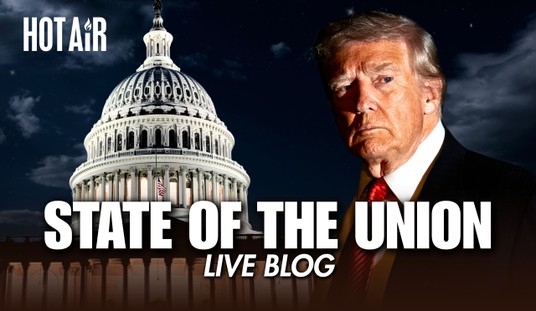These days, especially among Tea Partiers, it’s a marker of immense credibility to be called a “constitutional conservative.” But, as with any label, the term is easily coopted, applied as a veneer atop entrenched pro-growth-of-government ideas. Fortunately, we have in The Federalist an eloquent exposition of the intent of the Framers and a sure interpretation of the Constitution.
As it happens, Alexander Hamilton penned the first of the Federalist papers 224 years ago today. Surely that anniversary is worth commemorating, especially as Hamilton’s first-paragraph encapsulation of just what was at stake in the American experiment remains one of the briefest illuminations of the import of that experiment in history and around the world.
First, let’s recall that first paragraph:
[I]t seems to have been reserved to the people of this country, by their conduct and example, to decide the important question, whether societies of men are really capable or not of establishing good government from reflection and choice, or whether they are forever destined to depend for their political constitutions on accident and force.
David Azerrad explains the significance for us today:
At stake in the debate to ratify the Constitution was more than “your liberty, your dignity, and your happiness”—important as they were and remain: Americans were embarking on an experiment in self-government that would, if successful, vindicate man before all the princes, kings, and assorted thinkers who had firmly denied that men could govern themselves.
At the heart of the Founding, as James Madison would later explain in Federalist No. 39, was “that honorable determination, which animates every votary of freedom, to rest all of our political experiments on the capacity of mankind for self-government.”
Too often, “the American Dream” is conflated with the car, the house, the spouse, the kids, the trips to Disneyland or to the ski slopes. But to reduce the American Dream to the mere material is to miss that the American Founders, rather uniquely in all of history, made a statement to the world that they wanted to be free to govern themselves even more than they wanted to be rich and prosperous. As it happens, freedom leads to prosperity — but, incredibly, prosperity was even less the point than self-government and freedom.
Government regulation — the arguments for and against — has become a hot topic, thanks to the Occupy Wall Street movement. But, all too often, the debate hinges on whether the regulations do what they’re intended to do or on what the costs of the regulations are in terms of dollars and jobs. Those are meaningful discussions to have — but so, too, is the question of whether we really want to cede that privilege of regulating ourselves — so bravely entrusted to us by the Founders — to the government. We betray the trust of the Founders when we act in such a way as to trample the rights of others and to invite increased government intervention in our lives. But we uphold it when we do discipline ourselves to respect others’ equal rights.
Azerrad reminds us that today is an anniversary of another important moment in American rhetoric. Nearly 50 years ago (47, to be exact), Ronald Reagan delivered his “A Time for Choosing” speech. The question he posed then must be answered by every generation, for, as Reagan once put it, “Freedom is never more than a generation away from extinction.”
This is the issue of this election: whether we believe in our capacity for self-government or whether we abandon the American revolution and confess that a little intellectual elite in a far-distant capitol can plan our lives for us better than we can plan them ourselves.









Join the conversation as a VIP Member